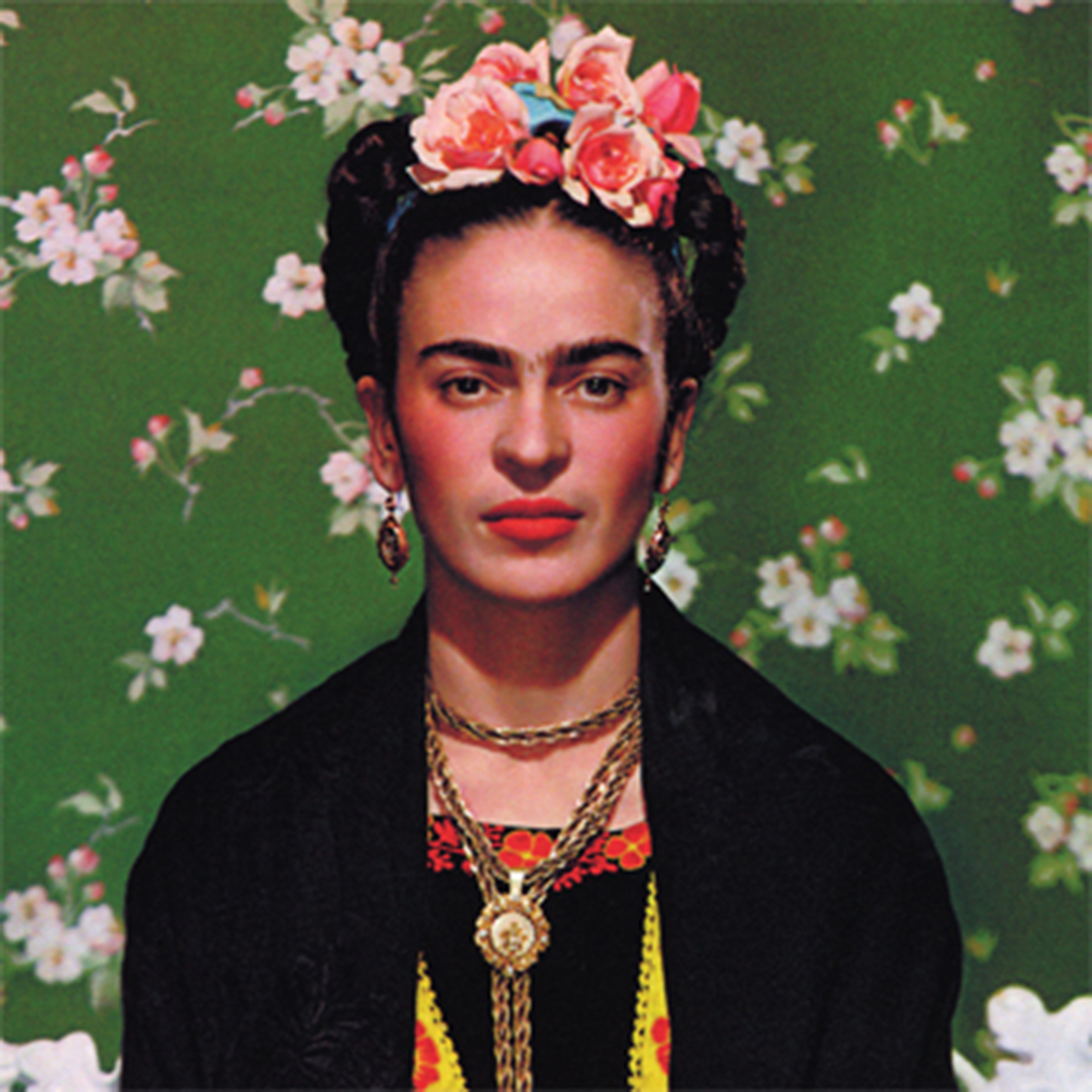Whenever I sought to understand love better, I thought of Frida Kahlo.
She was an inspirational painter, but she was also a magnificent lover. Whoever digs deeper into Kahlo’s life can swiftly recognize the depth of her marriage, affairs, relationships, and flings.
From Georgia O’Keeffe to Leon Trostky to Nickolas Muray, Frida fell in love many times and gave each relationship of hers a different flavor. Despite her multiple partners later in life, only one person touched her soul: her one and only, Diego Rivera.
When she chose to marry him, her parents told her that they were similar to a dove marrying an elephant. Despite the age difference and the complexity of their union, Kahlo followed her own heart and tied the knot with the man who forever broke her.
“If I ever loved a woman, the more I loved her, the more I wanted to hurt her. Frida was only the most obvious victim of this disgusting trait.” ~ Diego Rivera
From the beginning of their partnership, Rivera showed his true colors: a man who couldn’t control his sexual desires, who was emotionally unavailable, and who couldn’t commit to one woman.
Frida not only endured his betrayals, she also endured his absence, busy life, and his inability to show up as the lover she wanted him to be.
For me, that was idealistic. I always believed that enduring a tough love was the highest form of adoration. What’s the point of love if it doesn’t tear us open, break us, bring us to our knees, and render us humble?
We’ve all experienced that kind of love at least once in our lifetime. We’ve all had our own Diegos. Just like Frida, we put our lover on a pedestal. It was obvious in Kahlo’s paintings, poetry, and journal how much she idealized Diego.
We might not have an artistic means like Kahlo that exhibits our attachment to our lover, but we all know the pain that lies beneath a toxic love.
What does this say about our own self-worth?
Some of us choose to leave because life is too short to be anything but happy and at peace, but the rest of us choose to stay with our “Diego.”
Frida chose the latter. In her own mind, she thought she deserved how Diego treated her, his absence, his betrayal, and his mistreatment. Her pain kept her alive, creative, and adamant to drown her own suffering.
“I tried to drown my sorrows, but the bastards learned how to swim.” ~ Frida Kahlo
Just like Frida taught me that love without pain is meaningless, she also taught me that love without pain could be so meaningful.
She taught me that it isn’t really about how the other person treats us—it’s more about how we think we deserve to be treated.
Frida could have carved a totally different path than the one she took. She didn’t choose her physical pain, surgeries, polio, or the accident she had. But she did choose to stick to her own emotional pain through choosing to stay with Diego for the better part of her life.
And maybe, if she didn’t, we wouldn’t have seen the Frida we know today. We wouldn’t have seen the agony in her paintings, the cigarettes between her fingers, the tequila that deteriorated her health, and her diary that is full with trauma.
Frida chose her path. She chose how to be treated.
In other words, she chose the image in which she saw herself—and it was too clear in her paintings. Her auto-portraits gave us a quick, clear glimpse into the value that Kahlo had put onto herself.
If you were to paint yourself today, how would you depict yourself?
Pain is inevitable, and I always welcome it with open arms. I don’t try stop it or brush it under the rug. But I no longer associate it with love.
There is a lot of pain in our lives that we have no control over—and which we don’t choose—such as death, illness, or loss. But, most of the time, we choose a great deal of our suffering.
There is enough inevitable pain in the world and in our personal lives, but we don’t have to add to it.
If you have a Diego in your life, remember that you get to choose your path.
We either become like Frida, or we allow Frida to inspire us into becoming happier.
~
AUTHOR: ELYANE YOUSSEF
IMAGE: GLOMOLOMO/FLICKR


This account does not have permission to comment on Elephant Journal.
Contact support with questions.